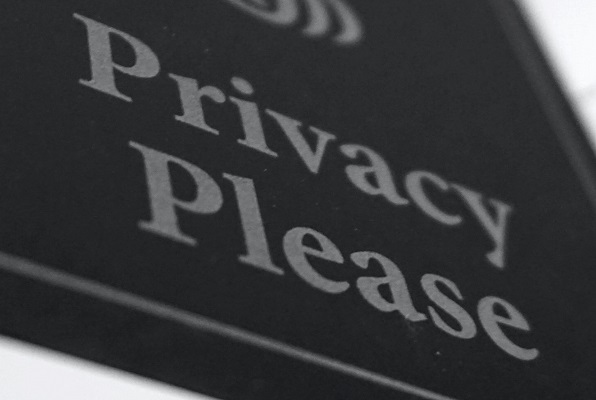The College Fix reported on how colleges are now tracking the behavior of college students in “Meet the software company tracking students’ behavior.” In the past, schools kept records on student behavior, but that information was kept private.
The introduction of software and the removal of student privacy protections in the federal student privacy law, has opened up private data sharing. Software companies may include a privacy statement, but anyone who reads it can see that personal data is not protected.
How did this happen?
During the Obama administration, The Family Educational Rights and Privacy Act (FERPA) law was weakened.
{FERPA} was a strong privacy law when originally enacted by Congress in 1974. It forbid any educational agency, institution or school from disclosing personally identifiable information (PII) from a student’s educational records to any non-school official — even other governmental agencies — without parental notification or consent.
But in 2008 and again in 2011, FERPA was radically revised by the US Department of Education – without any vote or authorization from Congress.In 2008, the regulations were rewritten to allow states, districts and/or schools to share PII data from student records without parental notice or consent with any third party or company designated as a “school official,” including “contractors, consultants, volunteers, and other parties to whom an educational agency or institution has outsourced institutional services or functions it would otherwise use employees to perform.”
Then, in 2011, the regulations were revised to allow for the disclosure of PII, without parent consent, with organizations for the purpose of conducting conduct studies or audits of the effectiveness of an education program, allowing non-governmental actors to be defined as “authorized representatives” so they could access to student personal data. Previously, “authorized representatives” were entities over which educational authorities had “direct control,” such as an employee or a contractor. Now, an authorized representative could be nearly any individual or organization to whom an education agency wanted to assign that term.
When your child’s personal information is collected by the school district, software company or even another level of government, you may never know.
Is this ethical? In many instances the answer is NO. For instance, the sharing of your child’s health or mental health records require informed consent. But with this loophole in place, mental health PII is now being shared without informed consent. Some of this may be legal, but it is certainly not ethical. Just wait for the school based health clinics in the schools!
How will this technology impact college students? How many college students know how or where their PII is going?
With Maxient software, colleges have the capacity to track a student’s discipline records and academic integrity.” But as you can see from this report, the colleges and software company have the ability to collect a college student’s “biases” too.
According to the company website, Maxient receives 7,000 reports daily from client schools, which “range from small private liberal arts colleges to the nation’s largest public institutions.”
One process that may be facilitated by the software is bias reporting systems, which nearly 500 higher ed institutions in the U.S. have introduced over the past eight to 10 years to address student behavior perceived as “bias.”
“We usually help schools implement the software to their intended uses when we begin working with them, so over the years we’ve certainly had some (indication) they’ll be using it for ‘bias incidents,’” Watson told The Fix, adding that the term itself could vary in meaning depending on the school.
“But most schools end up expanding the different types of records and processes they manage in their software over time, and Maxient staff are not usually informed about that or kept up to date,” he added.
Determining how long to keep records — and when and whether to delete them — belongs to the client schools, according to Watson.
What do college students think about political subjects like climate, gender or race? What biases do they have?
Maxient was also cited in a Feb. 23 Wall Street Journal article headlined “Stanford Faculty Say Anonymous Student Bias Reports Threaten Free Speech.”
And a Feb. 20 op-ed in the Washington Times by Richard Rahn, chairman of the Institute for Global Economic Growth, wrote that “Maxient brags about having a national repository that receives about 7,000 tattletale reports a day from 1,300 client institutions. (Remember Lenin’s old quip: ‘The capitalists will sell us the rope with which we will hang them.’)”
“Students are often unaware that negative reports have been filed on them, and constitutional due process protections are ignored at many colleges,” he added. “A negative report, even one based on false information, can result in a student losing a scholarship or even being expelled — negatively affecting the rest of his or her life.”
One can certainly see how this technology is delving into our personal beliefs, values and behaviors. Until the FERPA loophole is closed, this kind of data mining and collection will continue. Whenever possible, parents and students should reject this kind of data collection.
